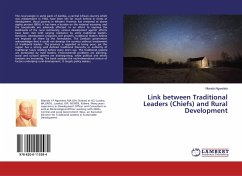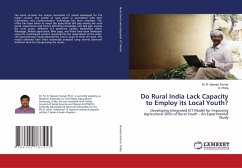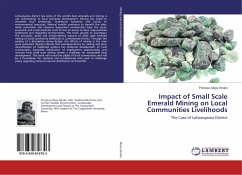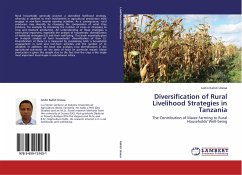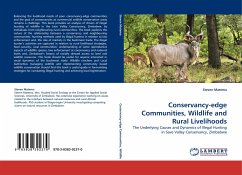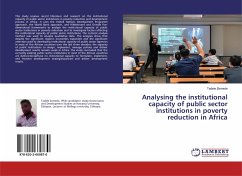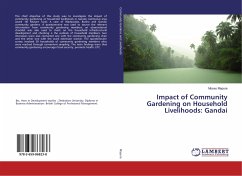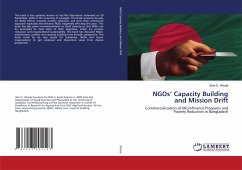The rural people in some parts of Zambia, a central African country which was independent in 1964, have been left far much behind in terms of development. Rural poverty in Western Province has remained at above eighty percent (80%). It has been a burden on the national economy, and the households are adversely affected. In an effort to improve the livelihoods of the rural community, various development agents' efforts have been met with varying resistance by some traditional leaders. Decisions, development programs and projects, traditional leaders believe are imposed on them by the formulators. The Zambian government acknowledges that it could not develop the country without involvement of traditional leaders. The province is regarded as being poor, yet the region has a strong well defined traditional hierarchy or authority of traditional rulers reveling before every one's eye. The traditional systems are dominated by male leaders. Environmental problems are alarming, social andcultural systems are disintegrating, while political and ethnic tensions are increasing. The book analyzes the multi-dimensional nature of factors underlying rural development. It targets policy makers,

